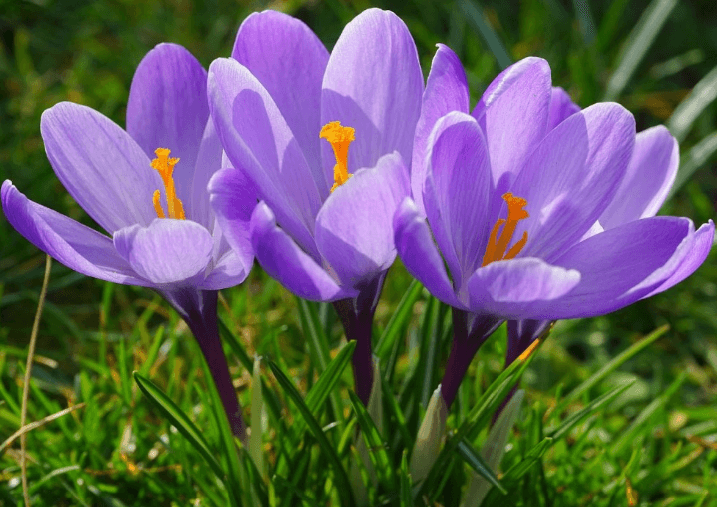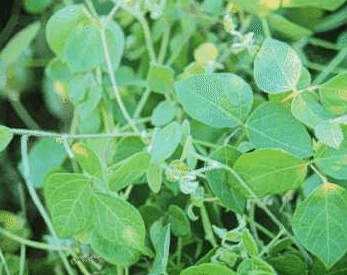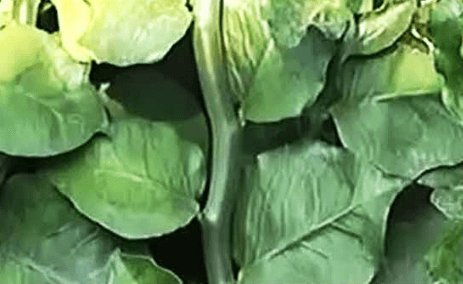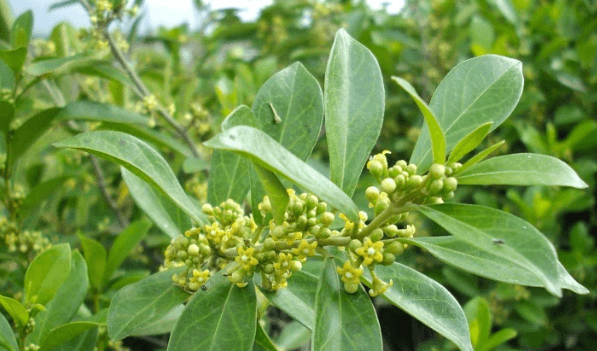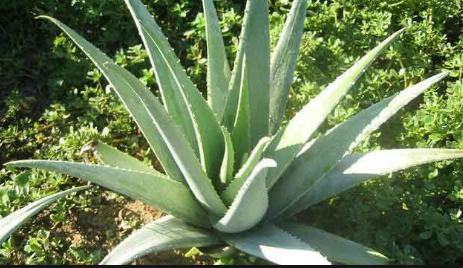Lodhra, लोध्र Medicinal Benefits
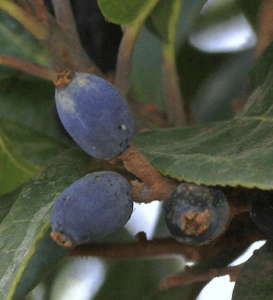
Botanical Name—Symplocos racemosa
Common Name—Lodhra
Family—Symplocaceae (Lodhra Kul)
Habit—Evergreen tree, 20 ft. in height
Properties
Property —Lightness, dryness
Taste—Fragrant
Potency—Pungent
Metabolic Property—Cooling
Specific Property
- Kapha-pitta-samak
- Astringent
- Opthalmic
- Blood-purifier
- Anti-pyretic
- Anti-diarrhoea)
- Anti-inflammatory
Part Used—Bark
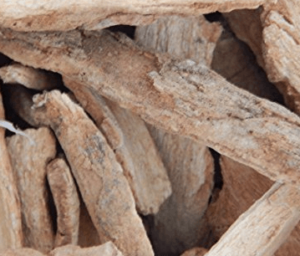
Description—Racernosa is an evergreen tree or shrub. The leaves are dark green above, orbicular, elliptic oblong, coriaceous and glabrous above; the flowers are white, turning yellow, fragrant, in axillary, simple or compound racemes; the drupes are purplish black, subcylindric, smooth and 1-3 seeded.
Bark is astringent, refrigerant, ophthalmic, expectorant, anti-inflammatory, hypothermic, astringent, depurative, febrifuge, haemostatic, stomachic and suppurative. Bark is used to treat hemorrhage, acne and pimples, eye diseases, spongy and bleeding gums, leucorrhea, wounds, ulcers, tumors, leprosy, skin diseases, asthma,’ bronchitis, dropsy, arthritis, fever, menstrual disorders, liver diseases, menorrhagia, diarrhea, dysentery, and bowel complaints.
Dosage
Powder -5-10 Ratti
Decoction -50-100 ml
Uses
- In Diarrhea and Dysentery-Ladhra is used with pulp of beal or mulethi and kayaphal.
- In Metro-menorrhogia-it is very effective, if used with purified sugar-candy three to four times a day.
- Lodhra used with pippli powder and honey acts as uterine contractor.
- In Skin diseases and wound-Used internally & externally.
- In Acne-Paste of Lodhra and Sphatika should be applied.

